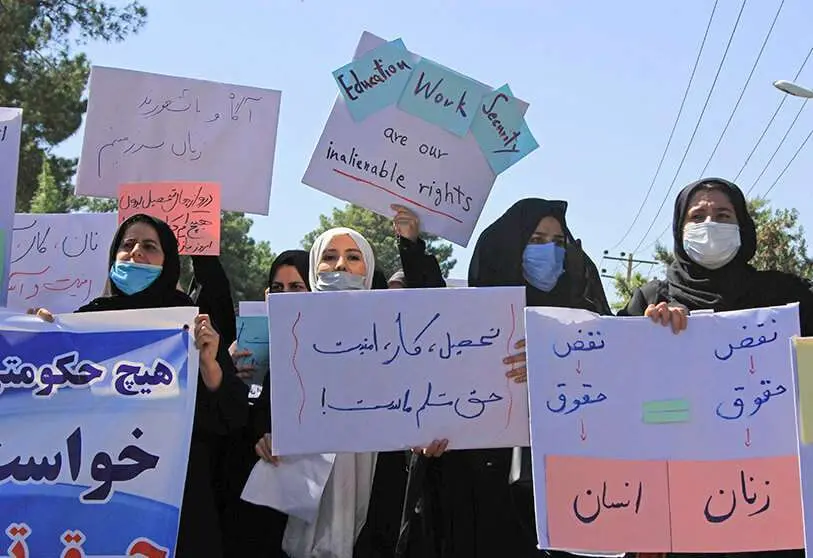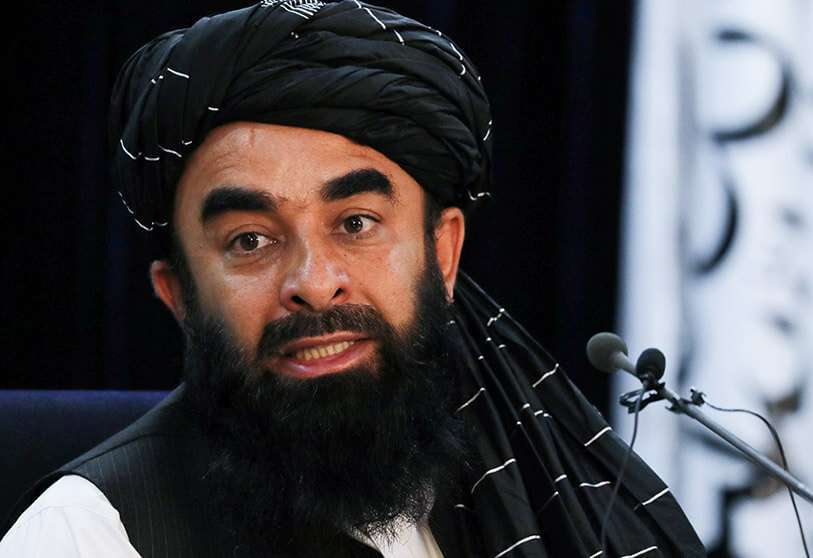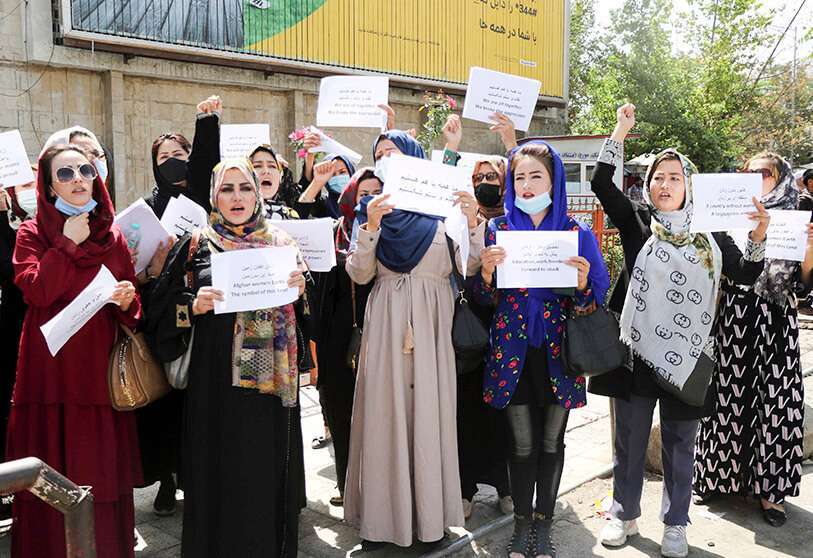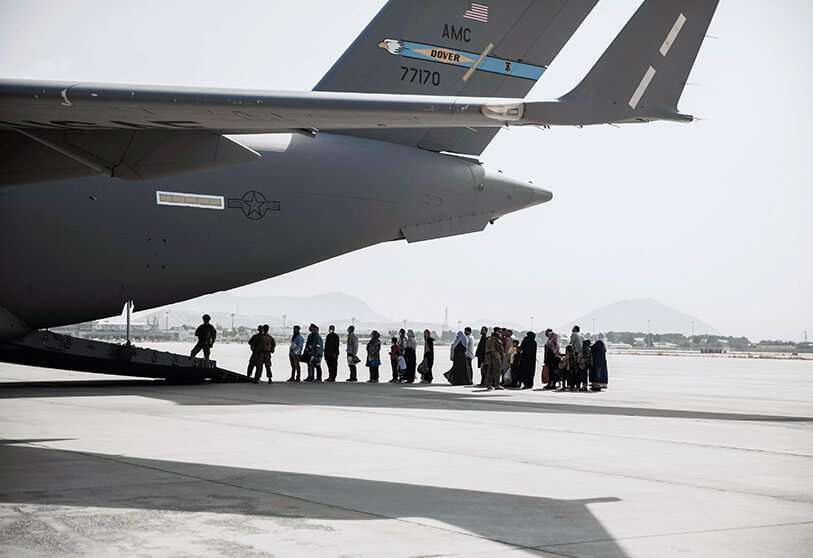Taliban stifles women's demands for equality and inclusion

Five days short of a month since the fall of Kabul, the Taliban are trying to impose their regime with an eye to getting the self-styled Islamic Emirate up and running as soon as possible. However, the Afghanistan they ruled with an iron fist from 1996 to 2001 is not the same country. Something seems to have changed in the attitude of a large part of Afghan society. Those who have decided to stay or, on the contrary, have not had the option of leaving their land, are ready to defend themselves and have the help of a new and powerful weapon that did not exist at the beginning of the century: the internet.
With mobile phone in hand and recording on the go, hundreds of people have taken to the streets in various parts of the country to protest against the insurgents. On Wednesday, a group of women rallied in a neighbourhood northwest of Kabul inhabited by the Hazara minority, a Shia ethnic group historically marginalised in Afghanistan, to defend their rights and demand a place in the interim cabinet announced by Taliban spokesman Zabihullah Mujahid. "We want equality, we want women in the government," the women chanted. The fundamentalists silenced the chants with blows and gunshots in the air.

If not lost, their civil liberties are at stake. Women's faces drawn on the walls have been brushed aside and their presence on the streets has been scarce after the takeover of the capital. In fact, one of the fundamentalists' latest decisions has been to ban women from playing sport. The United Nations has denounced this while questioning the insurgents' siren songs. Promises to defend their rights have not been kept, and the UN claims that the Taliban have thrown away "the first opportunity" to demonstrate their commitment.
The protests in Afghanistan have not just been led by women. Rallies have been taking place throughout the week despite the aggressive reaction of the fundamentalists and many have been directed against Pakistani interference in the country. An open secret that was fuelled by the visit of the director of Pakistan's Intelligence Service (ISI), who met with senior Taliban cadres.

At least two demonstrators were killed and seven others injured during a protest in Herat, the country's third largest city, after the Taliban opened fire on the crowd. In addition, the crackdown on the media has also intensified following the ill-treatment of five journalists from the Kabul daily Etilaatroz, who were detained for covering the demonstrations. The reporters have posted a series of pictures on Twitter showing the marks of repeated beatings.
The development of the rallies has transcended borders thanks to correspondents and digital platforms, which have highlighted the lack of Taliban support inside the Central Asian country. To mitigate its image of internal weakness, the insurgent group banned all rallies on Wednesday, citing "disturbance of public order". From this week onwards, anyone wishing to hold protests must submit a request to the security departments 24 hours in advance, the Taliban said in a statement. The insurgents must also know the time and place, as well as the slogans and demands of the organisers.

Hamid Karzai International Airfield, unusable since the last US flight took off at the end of August, has resumed operations. The first commercial flight from Kabul touched down in Doha on Thursday. On board a Qatar Airways, up to 115 Afghan and other passengers have left the Central Asian country. They are not expected to be the only ones, as the same route will be repeated in the coming days. The Taliban government has approved a new expedition of 200 people, mostly US citizens.
The Qatari emissary in Kabul, Mutlaq al-Qahtani, announced the resumption of operations and assured that there would be more flights between Doha and the Afghan capital. "Kabul airport is fully operational. Our first concern is the safety of air navigation," he said. Al Qahtani said that "we are not talking about evacuation, we are talking about free movement". "Those who have passports or travel documents and a boarding card will be able to travel," he said.








